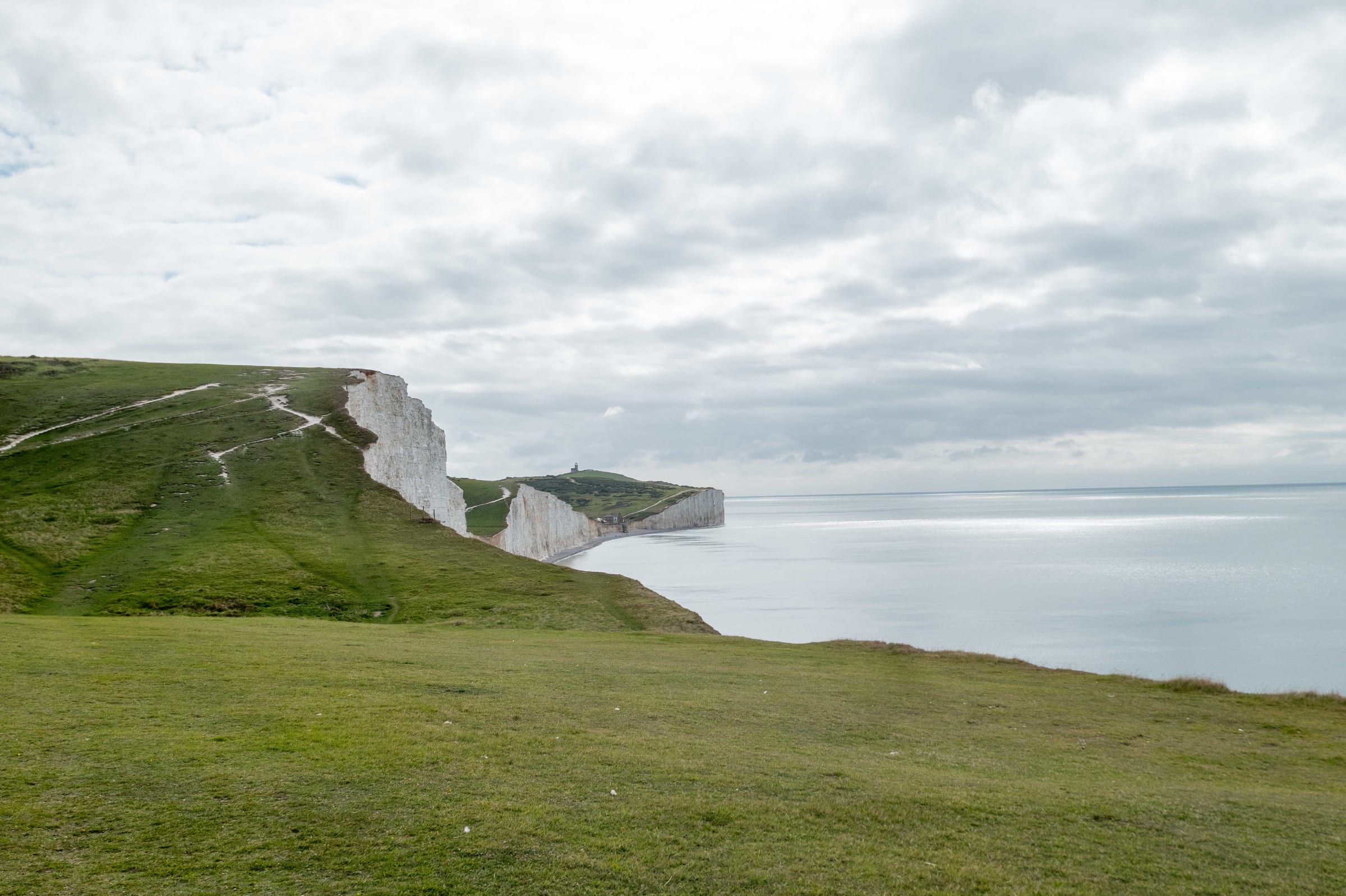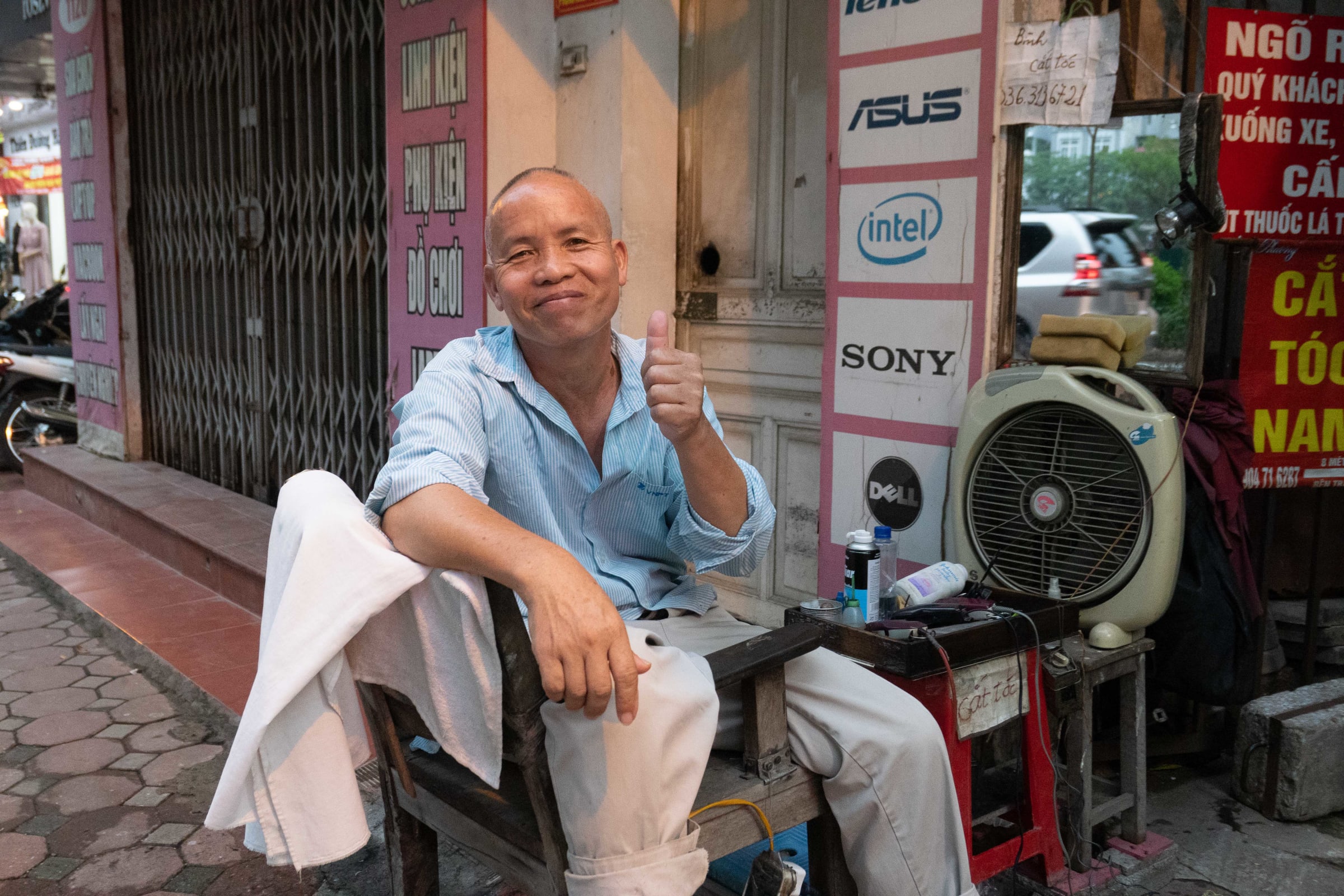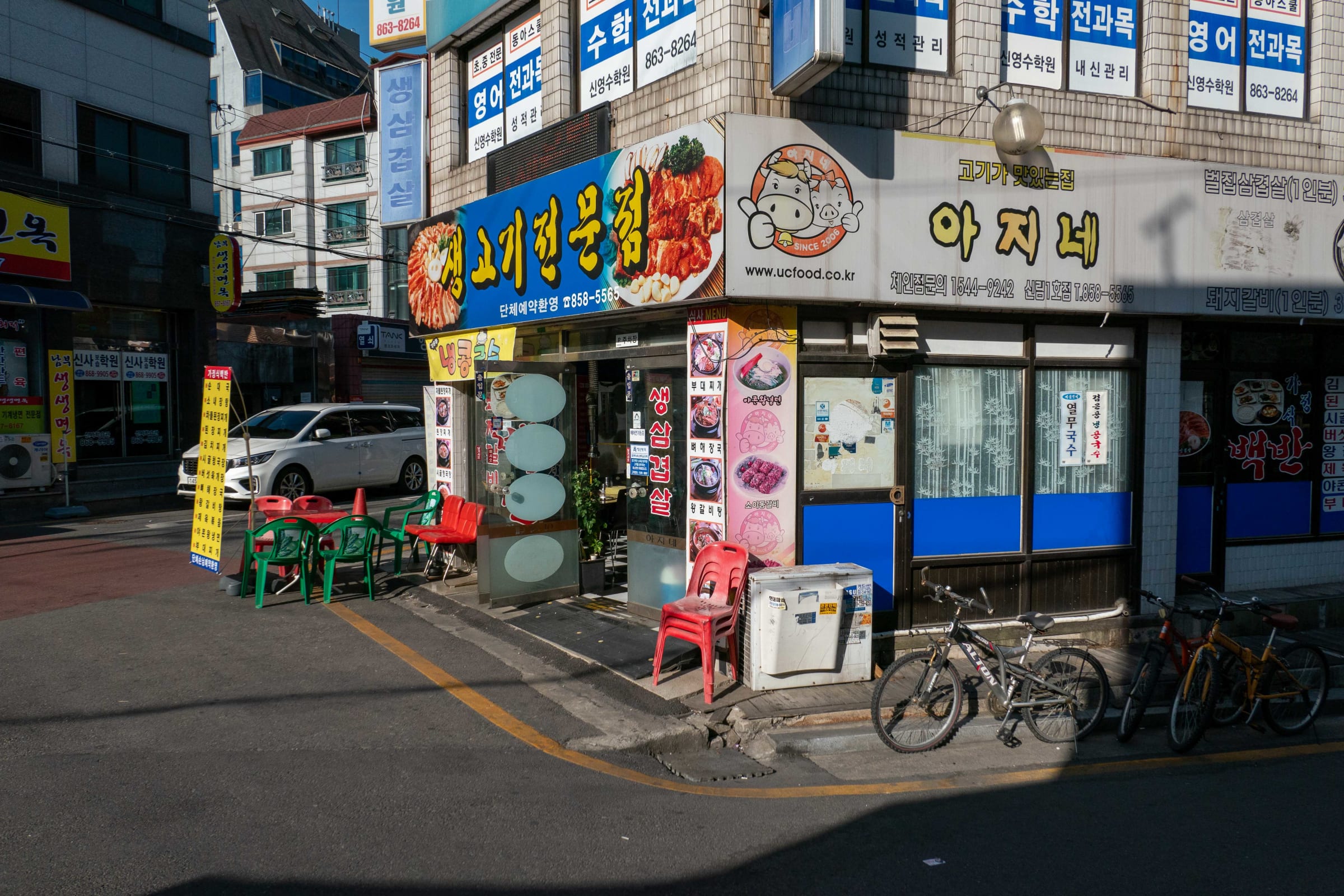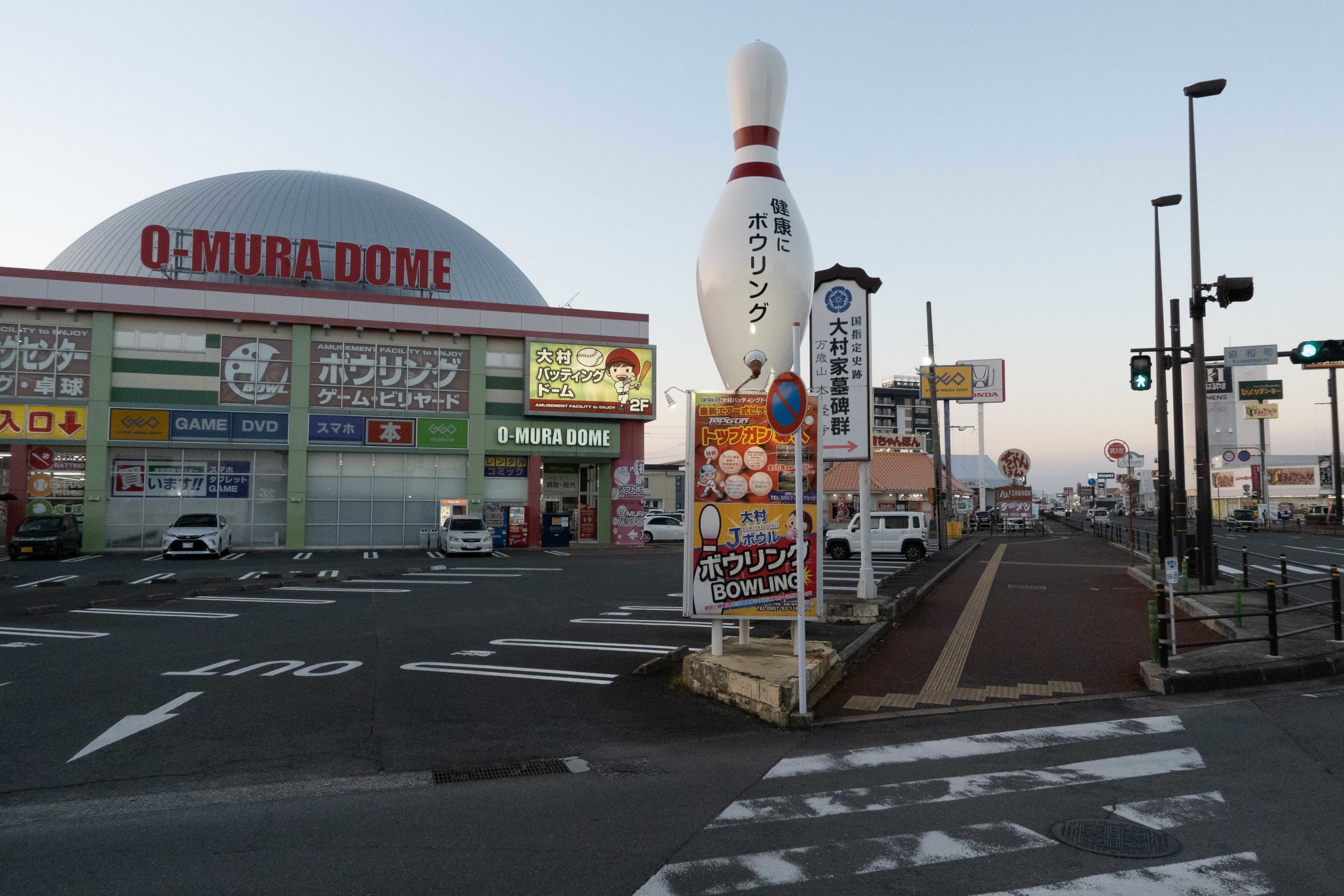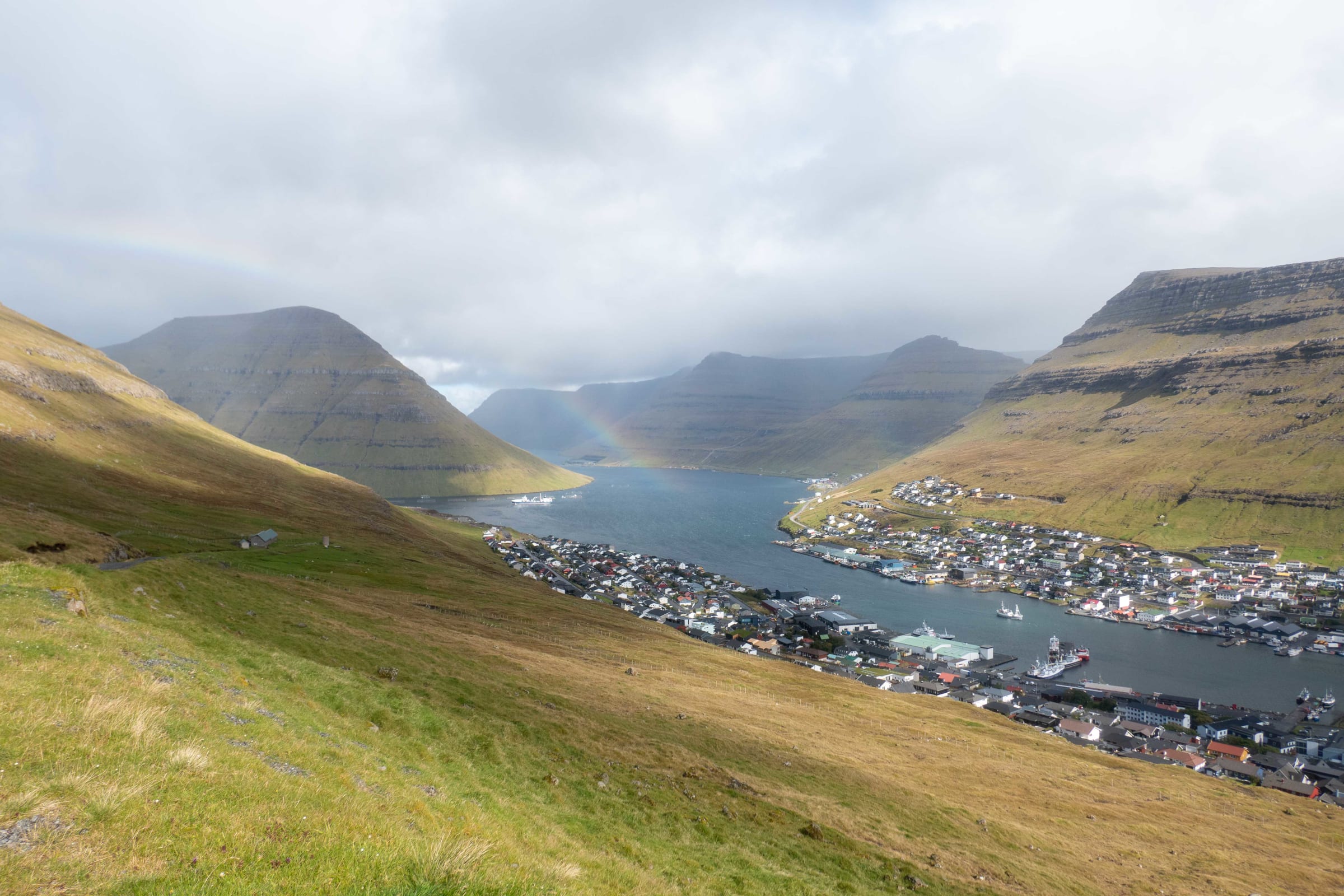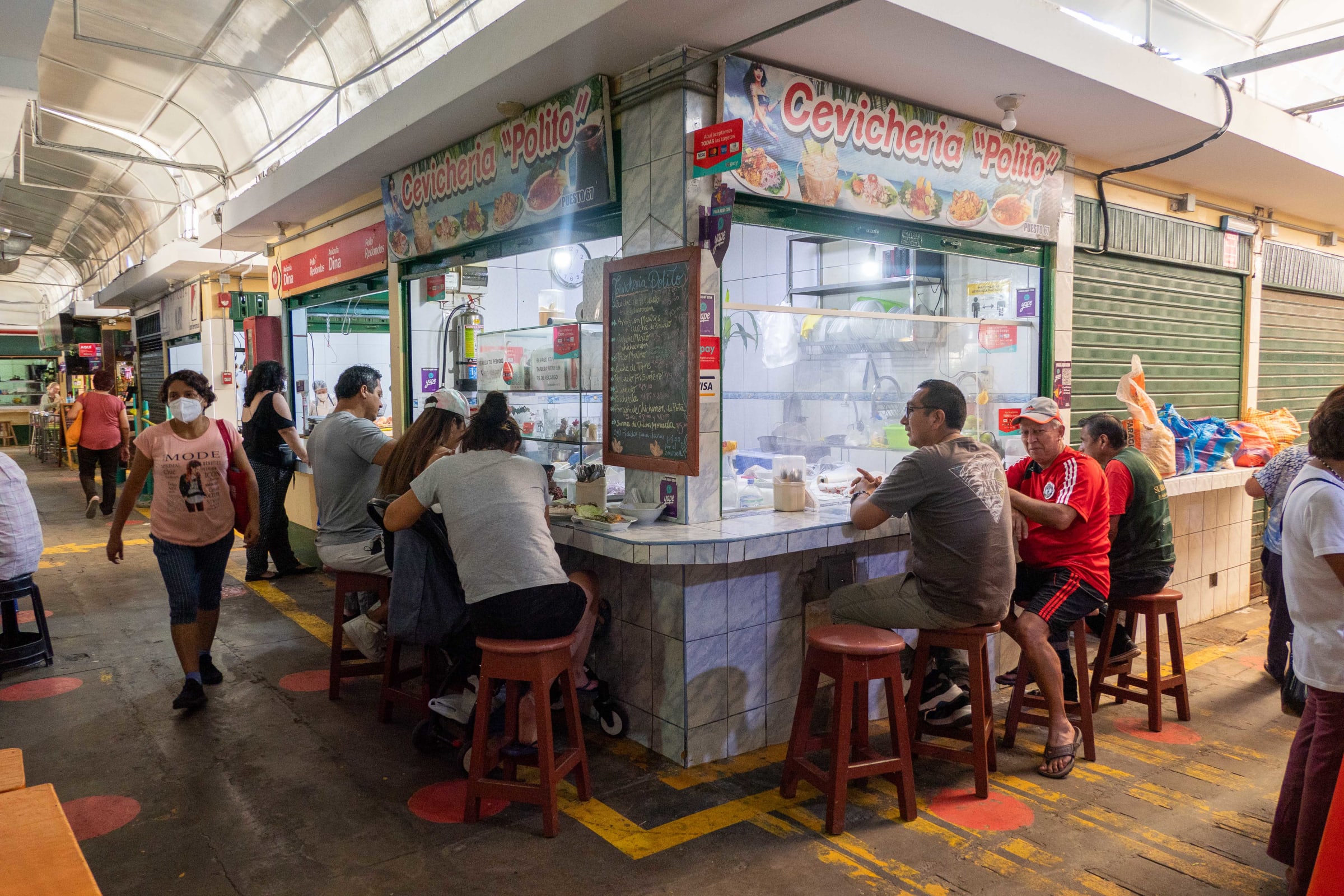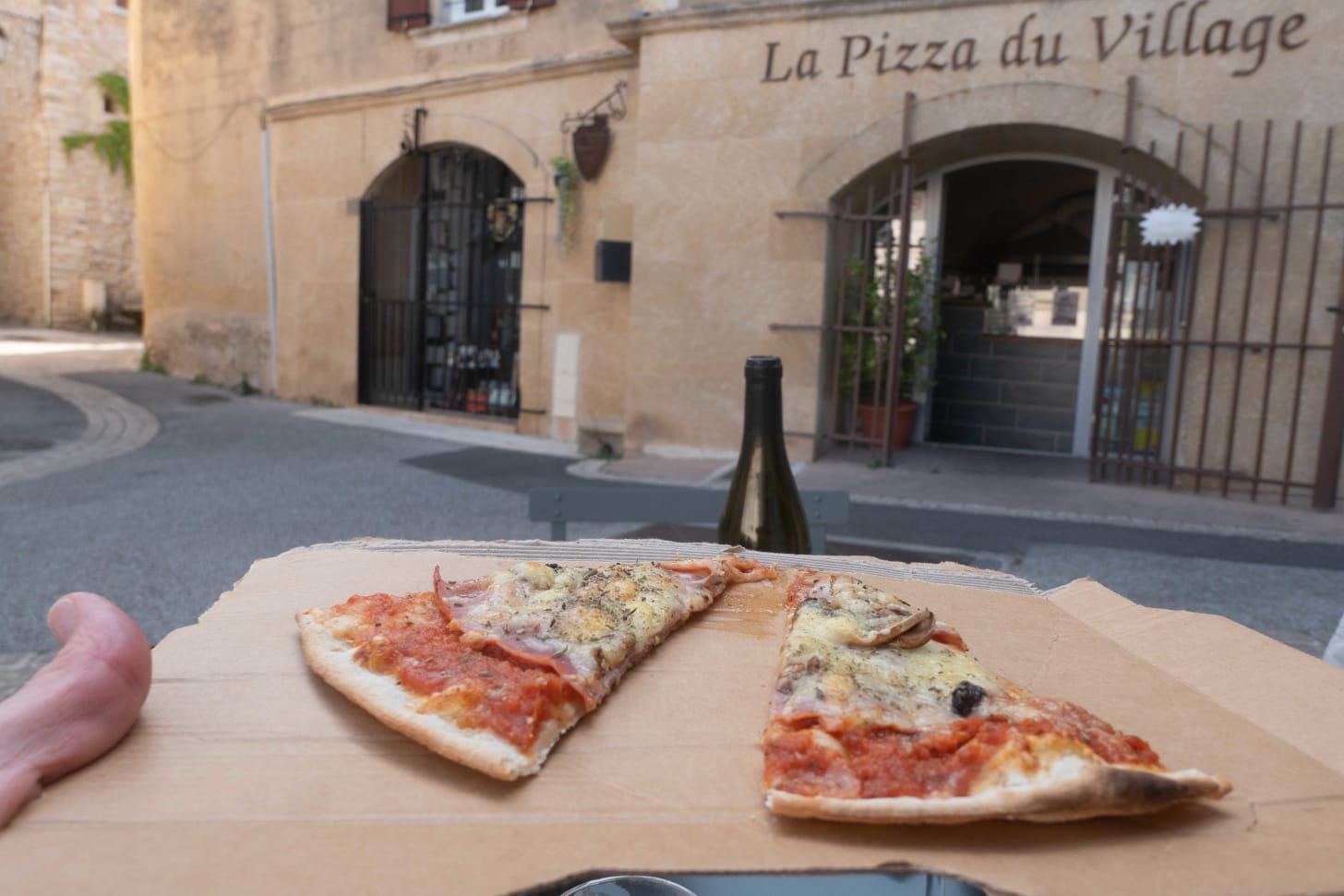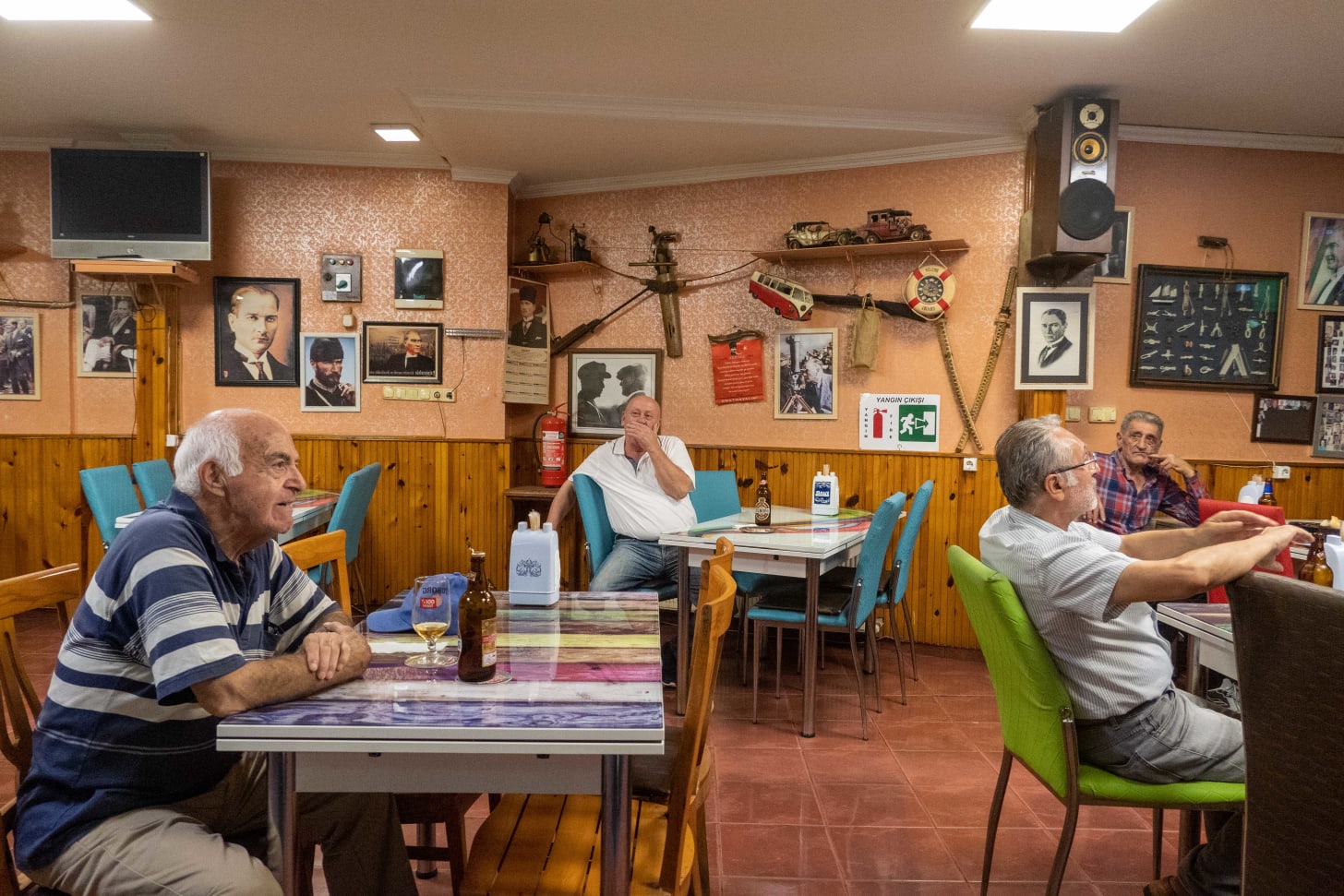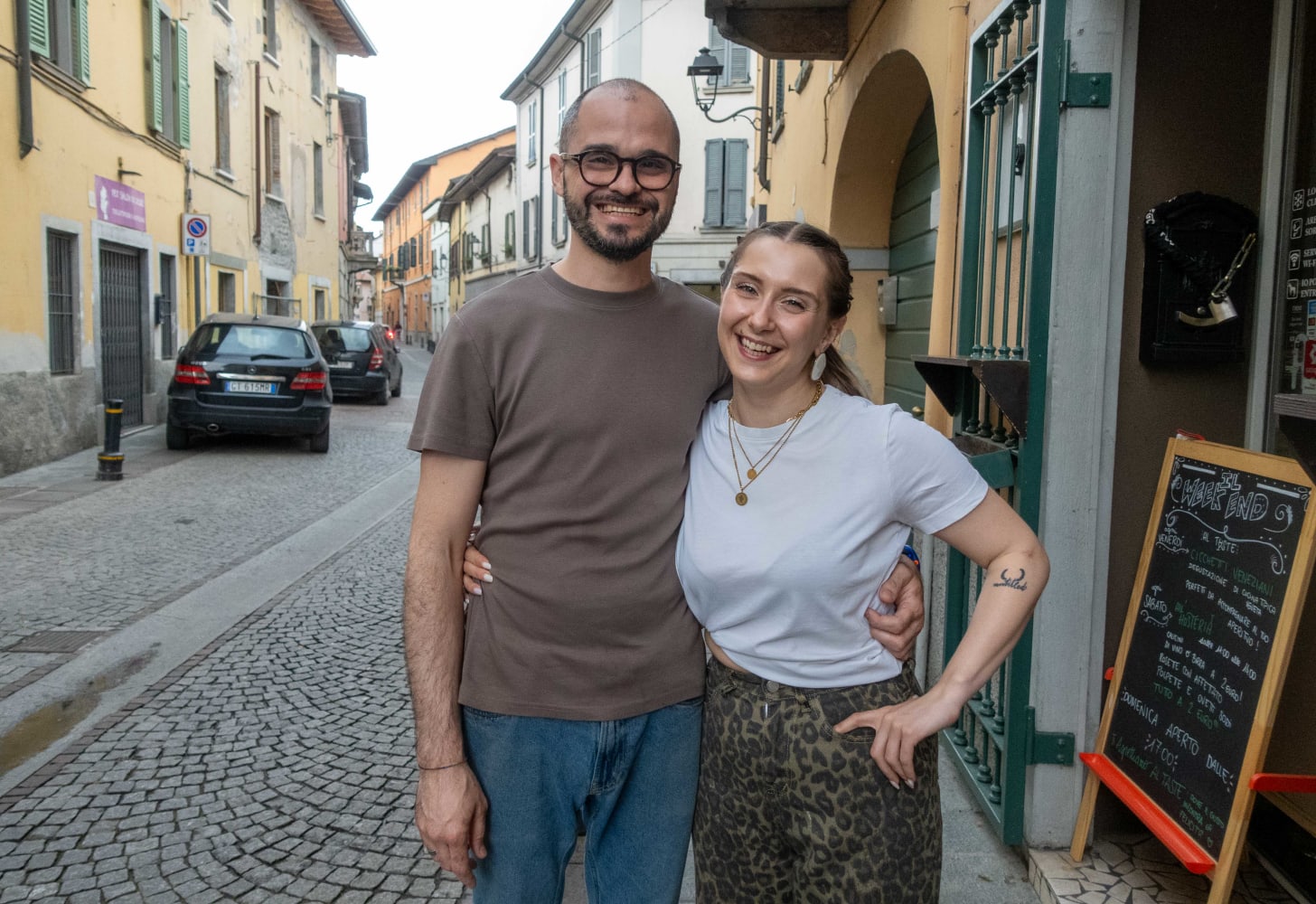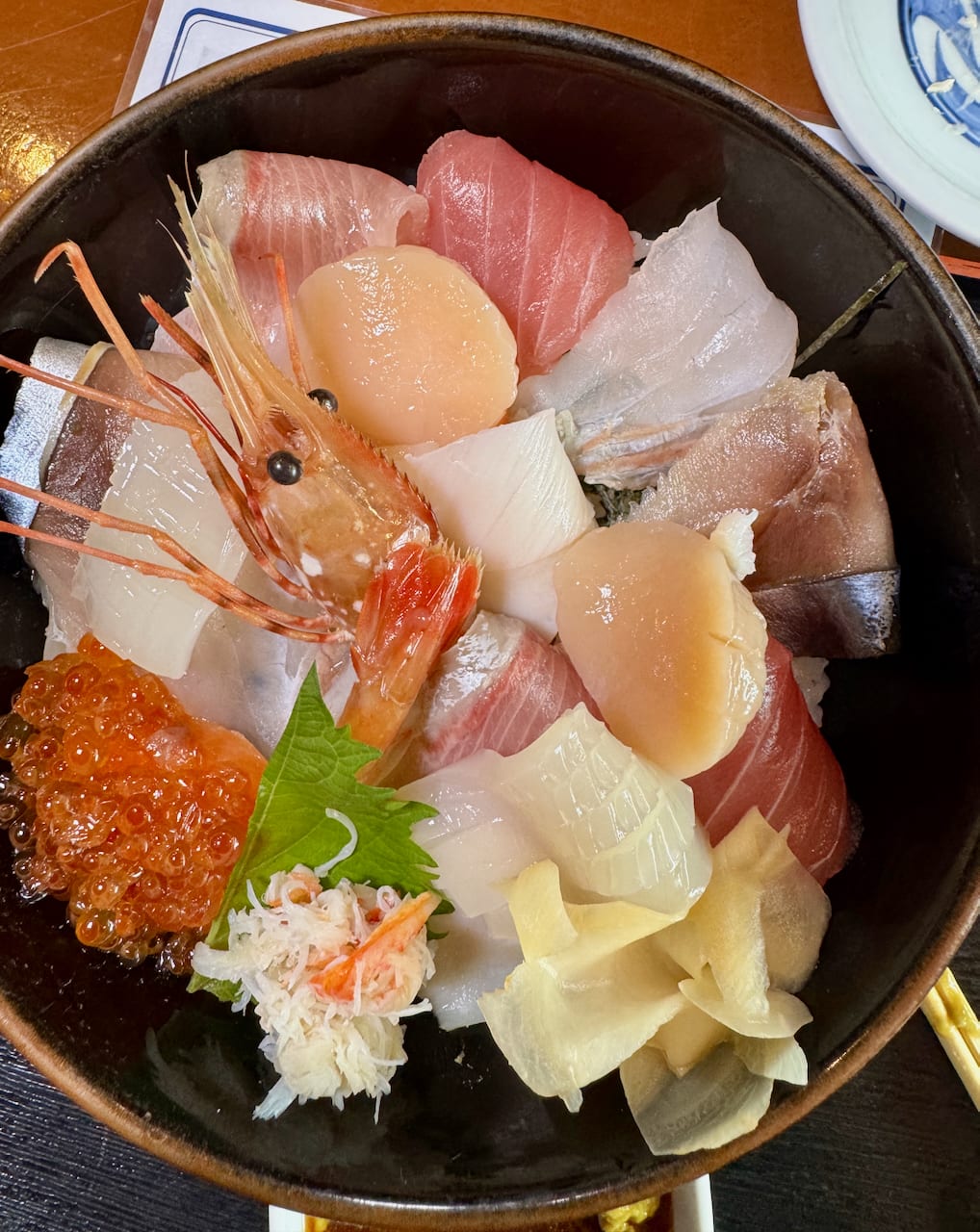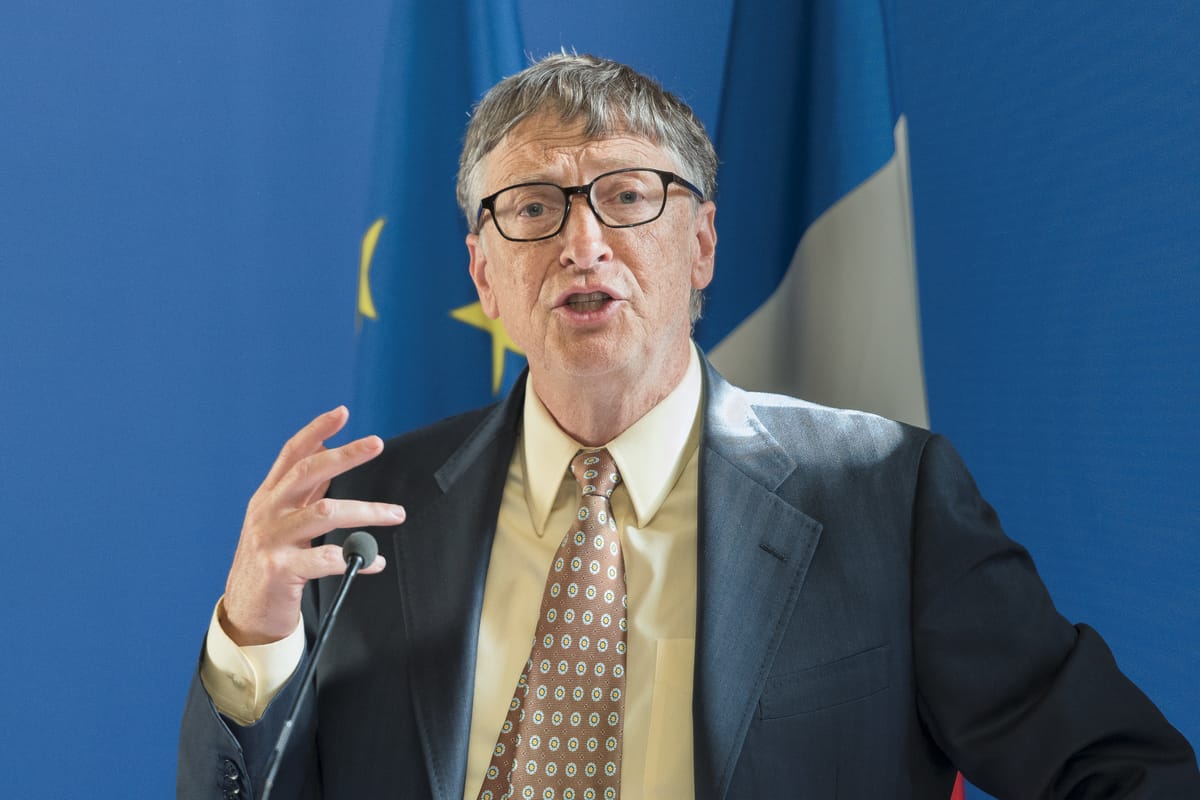(I’m in Seoul, trying to cope with jet lag, where I’ll be for several days, before leaving for a week each in Kunming, Yangon, then Taiwan, where I hope to walk the southeastern shore, assuming weather allows it. As usual, if you are in any of those, please reach out.)
It’s been almost exactly four years since I began this newsletter, which I started without a clear intent other than writing regularly again. After publishing Dignity, which was the culmination of ten years of talking to thousands of Americans in neighborhoods I was told were too dangerous to go into, I wasn’t sure what to do with myself.
I knew whatever it was, it needed to involve meeting people again, on their terms, because the short stints I’d done since Dignity, as an opinion writer, always left me feeling like a charlatan. Who was I to tell others how things should be, while sitting in my room removed from it all? I didn’t have the delusional hubris I believe it takes to write those sorts of op-eds, especially when I’d been so wrong before, and knew so little. Anyway, there were (are) plenty of others already doing that, who, excel at the minutiae of policy, the actual strength of opinion writing.
Understanding the world requires being immersed in it, not quarantined from it, and Covid made me absolutely certain of that. For close to a year, I was literally quarantined, spending my time sitting in a chair, fiddling on social media, where the worst in people comes out. It wasn’t good for my intellectual health, or for my mental and physical health.
While I thankfully never got ill, I wasn’t well; I’d become cynical, bitter, and heavy, so when my pants told me I needed to level up to the next size, I had enough, removed social media from my phone, and began a daily ten-mile walk, where for three hours I was back engaged, getting my mind and body moving again.
Within a few months I’d lost close to forty pounds, and while I wasn’t talking to that many people yet, not in the messy uncertain way people are meant to talk, which is face to face, and without fear of contracting a virus, I was far less sullen and misanthropic, but most of all I was back in the tangible world.
I’ve written a lot about the intellectual value of walking, but have only briefly touched on the other benefits, which have been more profound. I wouldn’t say walking saved my life, because I was never that despondent, but it has lifted my mood and given me a purpose again. I now need the three hours (or more) a day I spend walking like a monk needs their prayers, which I find physically and existentially fulfilling.
When I started this newsletter I wasn’t sure where it would take me, but after a year I was spending more time outside of the US. That was a natural transition for me, since I’d grown up traveling the world, so much so that when my banking career ended I realized I understood my own country the least. That was part of the inspiration for the work that resulted in Dignity.
So traveling across the globe is a return to my roots. I’m not ignoring the US either. Often the best way to understand a place is to leave it, and so these four years have taught me more about America than I expected.
A reader suggested I use this post to answer the most common questions I’ve gotten over the last four years, which I think is a good idea, because I do get asked the same questions over and over and putting them in one place will save me time. So, yes, I have interviewed myself, but hopefully the interviewer can channel comments I’ve received over the years.
Before that, I want to say thanks to all subscribers. This newsletter has been exponentially more successful than I ever imagined, and I couldn’t be doing this, truly my clichéd dream job, without your kindness and generosity.
While I could and should do better at engaging with readers, I do look at every comment, email, and text, and I appreciate each of them. They also help me, because I learn from all of them. OK, there are a few messages every now and then that worry me about the sender’s mental health or good intentions, but you know what I mean.
So, if I haven’t responded to you, it’s not out of hubris, but primarily because I’m almost always overwhelmed by the logistics of changing time zones so often, as well as being a victim of my own success. I am a one-man show, and I simply can’t keep up with all the kind notes and requests. So my apologies again if I’ve not responded before.
Anyways, here are the top few questions I’ve gotten over the years.
OK, let’s get the obvious question out of the way. What is the favorite city you’ve been in?
If actions speak louder than words, then where I am typing this from, Seoul. I’ve now been here over ten times since I started this newsletter and will be coming back in a few months. Part of that is the legacy of an early around-the-world trip, when I realized the cost of a one-way flight from Seoul to NYC, which I needed at the time, was about the same as a round trip, so I bought the round trip with a randomly chosen distant return date. I’ve now been playing that never-ending game for four years.
I’ve also kept that up because I love that particular flight (Korean Air), which is about as low-stress and pleasant as fifteen-hours jammed next to three hundred others can possibly be, because everyone is polite, civilized, and charming. Also, and I’m serious here, the Bibimbap, served right after takeoff, is the best in-flight meal I’ve ever had. The only in-flight meal I would ever want to eat outside of being on a plane.
All the things I like about the flight, I also like about Seoul, which I’ve now written about six times, with the short summary being Seoul has the perfect balance of “having nice things,” safety, and being interesting. A looser, more free-wheeling Tokyo, which is great and all, but can feel too uptight.
Yet if I had to settle down for six months and finally finish that novel, it would be a smaller city in France, like Avignon, or somewhere in Lombardy, like Chiari, both just nudging out Sydney, because of the churches.
All three are decidedly Western cities, culturally, which isn’t surprising because for all my open-mindedness, I am still a Westerner. People like to be around the familiar and similar, which is a built-in truth that no amount of pretending can change.
There are a lot of cities that I would want to go back to, that I’ve absolutely loved, but wouldn’t want to live in for an extended time, such as Hanoi, Bishkek, Tashkent, and Lima, because life there is too hard, due to pollution, crowds, and shaky infrastructure. When it all boils down, a city should make life easier on its citizens, not harder, and far too many world cities still make it harder.
OK, but you are a walking newsletter, so which city is the most walkable?
I’ve written in way too much detail about what exactly walkability is, and even came up with a seven-factor scale to put numbers to it all, and the answer is not very controversial, which is Tokyo. All Asian cities do well, but Japan, not just Tokyo, really shines.
Japan also scores high when you expand the scope of walkability to include the two-week, two-hundred-mile-plus, long treks that I prefer.
Yet, it is second to the UK in that, which if I was told I could only walk in one country for three years that is what I would choose. I can think of at least five month-long walks I would love to do in England alone, and I know I wouldn’t get bored of any of them. A lot of that has to do with the right-of-way laws, which means there is always a path between any two towns on the map that doesn’t require walking along the side of a busy road about to be slapped by a side-view mirror. England is also gifted with highly curated and majestic nature. The coastal walk I did from Dover to Portsmouth is, along with my walk through Lombardy, one I would happily do again, without any worries of boredom.
I could easily turn this newsletter into a “long walks in England, Japan, Germany, and Italy” newsletter only, for several years, and be as engaged.
Fine, but what about the place you’ve been that made the best impression on you? That you think about often, although you wouldn’t necessarily want to spend a lot more time there.
No trip was more magical than the Faroe Islands. Magical is the best word I can think of to describe my time there, and although I do want to go back, taking a ferry from Denmark this time rather than a flight, I don’t know if it could ever live up to those two weeks. I came in with no expectations, on a whim, and I might have shed a tear of sadness leaving it.
So, it is also the answer to the question, “What is one place you would urge everyone to go to?”
There have recently been online debates over “Is travel worth it,” much of it being a backlash to the growing popularity of travel, especially with high-profile “influencers” who hype its spiritual benefits, in the modern sacred understanding of that word, as a combination of therapy and self-growth. You find the true you (whatever that is) by riding an X in Y, or eating a W in Z.
I’ve sketched out long essays defending travel, basically saying you can do anything badly, and yes a lot of the current travel hype does wear thin because it is doing travel badly, but it is also harmless, so leave them alone.
But for all I want to play the aloof intellectual and write another long essay defending what I do with ancient philosophy, I will simply say my trip to Faroes was magical, and special, and I did grow, and I did feel fulfilled, and I did come to understand myself better, and I will die a happier person because I went. So travel is good. Stop with all the contrary takes.
So, is that your favorite single trip from the last four years?
I guess, yes.
You paused a little, why?
I don’t like to give any one trip that distinction, because as I was answering, I thought of my walk across Lombardy, and my time riding subways in Tashkent, and my month in Hanoi, and the meals at izakayas in Fukuoka, and…. You see what I am doing here.
Yes, so, rapid fire, no thinking allowed since it muddles the brain. What are the four best meals you’ve had off the top of your head.
The ceviche from a small stand in a market in the Lima neighborhood of Breña. The stand was only open for two hours a day, but once I found it, I went back every day. It was simple, clean, fresh, and subtle.
The pizza from a small shop in the village of Saint-Laurent-des-Arbres, a hard day’s walk from Avignon. As I wrote then,
Entering town I’d only spotted a shuttered take-away pizza place, but by the time I’d showered it had opened, and four tables had been set up directly across from it in a miniature inclined plaza/parking lot. Tables so sloped that I worried my phone would slide off.
Despite that, I ordered two pizzas, chose a bottle of wine, and expected the worst. Instead I had one of the most memorable meals of my life. The owner brought out my bottle of wine, from one of the vineyards I’d walked past, opened it, then brought out a dozen small magnets he placed around the bottle and my glass, to keep them from sliding off.
The wine was amazing — dry, not too sweet. The pizzas when they came were also great. With just the right amount of fresh spices, and with cheese so flavorful it mocks what you get in the US.
I sat that evening at my sloped table, sipping my wine, eating my pizza off a cardboard pizza box plate, watching the swirling house martins gobble up insects as the sunset, and the pizza man craft his pizza. He stayed busy, with most people coming for take out, arriving on their mopeds or quaint little cars, but by the end of the evening every table was taken, which gave him lots of opportunities to rush out and proudly show off his magnets.
The “whatever the good chef would serve me” from my old man’s bar in Istanbul, where I went almost every evening.
The menu of day from AL TASTE, the restaurant next to my apartment in Chiari, Lombardy. As I wrote then,
Every night I’ve been here in Chiari I’ve eaten at the same restaurant, AL TASTE, a small place run by a young couple. Tonight I handed them a note saying I’d walked from Milan to Verona and when finished, returned to Chiari and their restaurant because it was my favorite place to eat in my favorite city along the walk. She teared up, which made me tear up also.
To the gourmet readers. I’m sure there are plenty of far more refined places to eat along my walk, with better cuisines, yet I was being honest with the couple. I came back to AL TASTE each night because while it’s “nothing special” the food was consistently good, fresh, and flavorful, and most of all every time I went in I felt a genuine sense of warmth.
It is like Chiari in that way. Both are welcoming, without it being perfunctory, contrived, or unctuous, as so many gourmet restaurants and “hot tourist” places tend to be.
That is an odd mix of places. I noticed you left out Asian food entirely, despite loving Japan and Korea. Why?
There were plenty of meals I’ve had in Korea and Japan that came to mind, but I suppose they have all been so exceptional, none consequently stands out. I could have included the chirashi don in Sapporo, but I only remember that because it was just a few months ago.
While few individual meals stand out, Korean and Japanese are in my top five national cuisines.
OK. What are those top five, and no equivocating. I want them in proper order, go.
As in what nation’s cuisine would I happily eat for the rest of my life, and only that cuisine?
Sure, now go.
Italian, French, Korean, Japanese, and then Chinese.
OK, your least favorite, using the same rule, which would you least like to be restricted to eating for the rest of your life?
Anything from Central Asia. Look, I loved Mongolia, it was a magical place in a similar way to the Faroe Islands, unique and special, but the food sucked. All over-boiled meats, and overly chewy under-spiced dough.
I like negative you, let’s keep this up. What have been your least favorite cities?
I don’t like negative me! I wouldn’t, and shouldn’t, be doing this job if I didn’t genuinely like every place I’ve been, and even the places I “hate” I can list five things I like about it.
Come on, stop. Just list your least favorite cities you’ve been in, that if I said you had to go back to for a week you would be annoyed. Go.
Bully. OK. Brussels. Vientiane. Dakar. Phoenix.
Do you think some cultures are better than others?
That’s a rather provocative framing, but sure, yes, I do.
When you hear ‘better,’ what did you think that meant?
Whether it provides a very large percentage of its citizens a fulfilling life.
OK, I’ll go with that. By that metric, what are the best cultures?
You’re being silly now.
Just play the game. I won’t hold you accountable. Imagine we are two friends drinking in a bar and nobody is listening.
Sure. Of the places I’ve been, I will go with Italy and Australia. Gun to my head, I’ll go with Italy though.
Why?
Because I’m Catholic and Italy is Catholic, in a deep cultural sense, and I believe Catholicism strikes the correct balance of the rational, emotional, transcendent, and material. It works for the City of God, and for the City of Man, to use Augustine’s framing.
Explain that more please.
I have this toy model of the world that I keep in my mind, of cultures as a big game that is played by elites, a SimCulture if you will. I’ve alluded to it many times, and yes, I understand it’s oversimplified, but it helps me frame things. If you think of it that way, then you start asking, what’s the point of the game? How do you “win?” That is, what are you, the person playing the game, trying to accomplish? And I would say “winning” means providing fulfilling lives for the largest percentage of your citizens. Since I don’t believe every citizen is the same in terms of capacity/interest/capabilities, your culture has to work for a lot of different personality types, intelligence levels, and dispositions. It should fulfill both the top of the class and the bottom, and I believe Catholicism, or the intellectual and cultural framework around it, does that.
Wow, you sound like a utilitarian arguing for faith based only on material outcomes.
Sure, for this exercise, although I do believe it is also True, in the capital T sense, but that seems beyond the scope of this discussion, which did start off after all talking about who has the best food, before you got all serious.
Don’t wiggle out. I want to be serious now. Define fulfilling. I ask this because all of these answers so far strike me as a definitional game of kick the can down the road.
Fine. If you want to extend the metaphor of culture as the result of elites playing SimCulture, then you also need a model for your Sims. What are they? What is a person? I believe humans have an inherent purpose or telos, which provides (at least in my view) a clear definition of what makes life fulfilling. I can’t give you a precise answer, because I don’t believe I’m smart enough, but I do think that it’s about the spiritual. That is, material wealth alone will never be fulfilling. There needs to be something transcendent. Something beyond the here and now.
When I was doing the press rounds for Dignity, I realized I needed one take-home lesson, one platitude, that summarized what I’d learned from ten years talking to people all over the US, and my answer was, “Everyone wants to be a valued member of something larger than themselves,” and I still believe that, but I would now amend it to end with “something larger than themselves that transcends this material world.” Or, something that lives on for eternity.
To pontificate for a little bit more, I’m leaving in two days for China, and I believe no matter what else I think about the CCP, they do understand all of this. Maybe not the Catholic part, but the idea that there is an elite who build culture and that elite should have a goal in mind. The CCP of course sees themselves as that elite, and as I’ve written before, that self-recognition is, in my opinion, better than pretending, like the West does, that elites don’t shape culture, and consequently they don’t take their “jobs” seriously, so they don’t really know, or understand, what they want. What I believe Western elites want, judging from their policies and rhetoric, is maximum individual freedom for everyone. Which I believe is an incoherent telos. People are social creatures, and are only understandable within the context of a community, and so maximum individual freedom is a misguided goal. It feels good for most of the ride, but you’re going in the wrong direction, towards isolation, and away from the meaningful. It’s like driving in a really snazzy convertible deeper and deeper into the desert; the ride feels great until at some point you realize you’re utterly alone, which is immensely depressing.
Hold on there buddy. There is a lot there that I want to push back on. Are you seriously suggesting China is better than the US? You, a person who wouldn’t have the freedom to do what you currently do, including writing this, if you lived there? Come on.
No, that’s not what I am saying. Remember, we are freewheeling here, thinking out loud over beers. What I am saying is China at least knows what it is doing, and I believe we in the West currently don’t. We once might have, but Western elites now embrace a form of progressivism that has lost sight of human nature, reducing people to mere consumers whose ultimate goals are material acquisition and unconstrained personal freedom.
So the game they are now playing is not only going in the wrong direction, it is also not working at the day to day level, because it is a fundamentally incoherent combination of a Libertarian understanding of the individual with a socialist vision of politics, because all politics is socialist, in the sense that citizens of a nation have to share things, but you can’t have socialist policies (a functional Nation) if your citizens don’t respect each other and something higher than themselves. You can’t share resources if you don’t feel a connection that transcends the adulation of the self.
Wow. OK. That sounds pretty extreme?
No, I don’t see it that way. I see it as a simple recognition that to have nice things a society has to have some glue holding it together beyond the threat of jail. You need a moral arbiter independent of the government. Or, if you don’t have some moral underpinnings separate from the state, then you will either end up with chaos, or authoritarianism, as the state increases its role to stop the chaos.
Although I guess my most controversial view is the vast majority of people don’t want, and cannot deal with (or don’t find contentment with) the amount of liberty, freedoms, and free choices that Western elites (philosophical Liberals) see as the end point, or peak, of social and political organization. Or, our true telos is not emancipation from all obligations, rules, and regulations, but rather that old “being a valued member of something larger than themselves” thing from a few questions ago. I do believe in that sense, the Chinese are on to something, although I would suggest that Japan, Korea, and Taiwan also understand that, and accomplish much the same thing without all the nasty repression.
I think we have drifted too far, and gone on too long.
Don’t blame me. You’re the one asking the questions.
Fine. Can we at least admit we are both responsible for the weird detour?
I guess. But it’s not like we are colluding or anything.
OK. Speaking of authoritarianism, have a great trip to China, Myanmar, and Taiwan.
Thanks. And have a great week!
.png)

